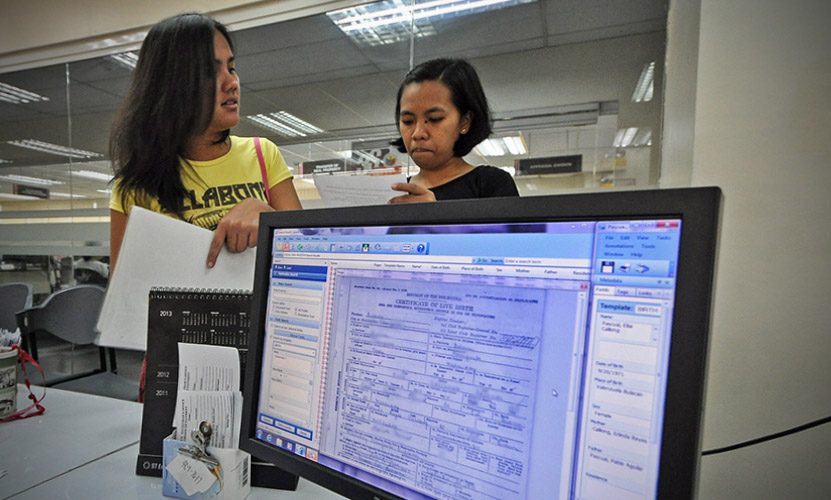Senator Win Gatchalian has filed a bill that aims to provide full, integrated E-Government (eGov) services to the public by the end of 2022.

Under Senate Bill No. 1793 or the ‘Full Digital Transformation Act of 2020,’ all government agencies, government-owned and controlled corporations (GOCCs), instrumentalities, and local government units (LGUs) are mandated to adopt a digitization strategy that aligns with the Philippine Digital Transformation Strategy 2022.
The proposed measure aims to streamline procedures by adopting automation and digitization of government services to promote zero-contact policy and to facilitate its efficient delivery in accordance with Republic Act No. 11032 or the Ease of Doing Business and Efficient Government Service Delivery Act of 2018, Republic Act No. 11234 or the Energy Virtual One-Stop Shop Act, and other applicable laws.
The bill seeks to harmonize common data related to persons, transportation, business and land, among others. It also mandates the government to invest in developing organizational capability and staff competencies that will support national digital transformation.
The proposed measure also seeks to create a Digital Transformation Department (DTD) in every government office. If a government entity already has an existing Information & Communications Technology (ICT) Department, it will be transformed into a DTD. Though the newly-created DTD will continue to perform the functions of the ICT Department, it will expand its functions to support and roll out the office’s digital transformation strategy.
The DTD will promote and support the onboarding and training of government personnel in using e-Gov services. It will also obtain and monitor networking tools to create communication channels and feedback mechanisms with the general public. To help the public monitor the status of their requests at any given time, the DTD will provide a system that allows and promotes coordination among various departments to ensure that workflows, responsibilities, and accountabilities are properly tracked.
Gatchalian noted that as far back as 2012, the e-Gov Master Plan and related e-Gov and Integrated Government Philippines (iGovPhil) programs have been launched by the Department of Science and Technology’s (DOST’s) Information and Communications Technology Office. Despite the launch of these programs, Gatchalian lamented that the Philippines has been very slow in integrating the use of digital technology to boost modernization and improve the delivery of services.
The lawmaker also reiterated that the COVID-19 pandemic accelerated the need for digital transformation in the government, pointing out that efforts such as contact tracing and the distribution of aid could have been smoother if data are harmonized and digital systems are in place.
“Hindi na natin dapat patagalin pa ang modernisasyon sa ating gobyerno upang maging mas mabisa at ligtas ang pagbibigay ng serbisyo sa publiko. Bahagi ng ating pagbangon mula sa pinsalang dulot ng COVID-19 ang isang modernong sistemang agarang tutugon sa mga pangangailangan ng ating mga kababayan,” Gatchalian concluded.


